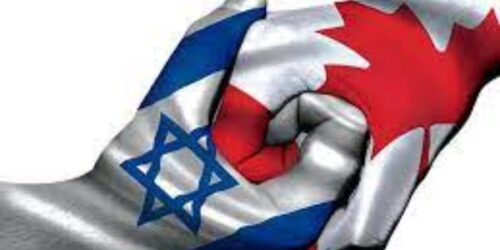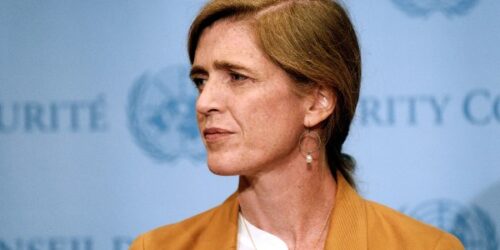Trudeau Refuses to Recognize Jerusalem as Israel’s Capital: Unpacking the Decision
The status of Jerusalem has long been a contentious issue in the realm of international relations, with its significance extending beyond geography to encompass religious, cultural, and political dimensions. Canadian Prime Minister Justin Trudeau’s refusal to officially recognize Jerusalem as Israel’s capital has sparked discussions about the implications of this decision on diplomatic relations and the broader Middle East dynamics.

A Sensitive Political Landscape
Jerusalem holds deep religious and historical significance for multiple faiths, making it a focal point of contention in the Israeli-Palestinian conflict. Both Israelis and Palestinians lay claim to the city as their capital, leading to conflicting narratives and diplomatic challenges. Justin Trudeau’s stance underscores the sensitivity of the situation and the need for careful navigation in addressing the matter.
Global Implications
Trudeau’s decision not to recognize Jerusalem as Israel’s capital aligns with the stance of several countries and international bodies that view the city’s final status as subject to negotiation between the parties involved. This approach aims to avoid taking sides and to encourage a peaceful resolution that respects the rights and aspirations of both Israelis and Palestinians. However, it also reflects the complex web of political considerations that international leaders must grapple with when dealing with the Middle East.
Maintaining Neutrality and Diplomacy
For Canada and other nations, the question of recognizing Jerusalem’s status is not merely a symbolic gesture. It carries real-world implications for diplomatic relationships, trade partnerships, and regional stability. Trudeau’s decision underscores his commitment to maintaining Canada’s stance as an impartial actor in the Israeli-Palestinian conflict, aiming to foster dialogue and cooperation rather than escalating tensions.
Potential Criticisms and Support
Trudeau’s refusal to recognize Jerusalem as Israel’s capital has drawn both criticism and support. Critics argue that Canada should align itself with allies like the United States, which officially recognized Jerusalem as Israel’s capital in 2017. They assert that such recognition is a valid exercise of sovereignty. On the other hand, supporters of Trudeau’s approach believe that non-recognition fosters an environment conducive to negotiation and peace.
A Balancing Act
Navigating the intricate landscape of Middle East diplomacy requires leaders to carefully balance various considerations. By not recognizing Jerusalem as Israel’s capital, Trudeau seeks to promote a diplomatic approach that respects international consensus and prioritizes the pursuit of a two-state solution for Israelis and Palestinians. This stance, however, also requires vigilance in avoiding potential misinterpretations or unintended consequences.
A Complex Diplomatic Dance
Justin Trudeau’s refusal to recognize Jerusalem as Israel’s capital reflects the nuanced dance that political leaders must perform on the international stage. In the heart of a longstanding conflict, such decisions carry weight beyond their surface implications. As geopolitical dynamics continue to evolve, the world watches to see how Trudeau’s stance, along with similar positions taken by other nations, contributes to shaping the future of the Israeli-Palestinian relationship and the broader stability of the Middle East.



